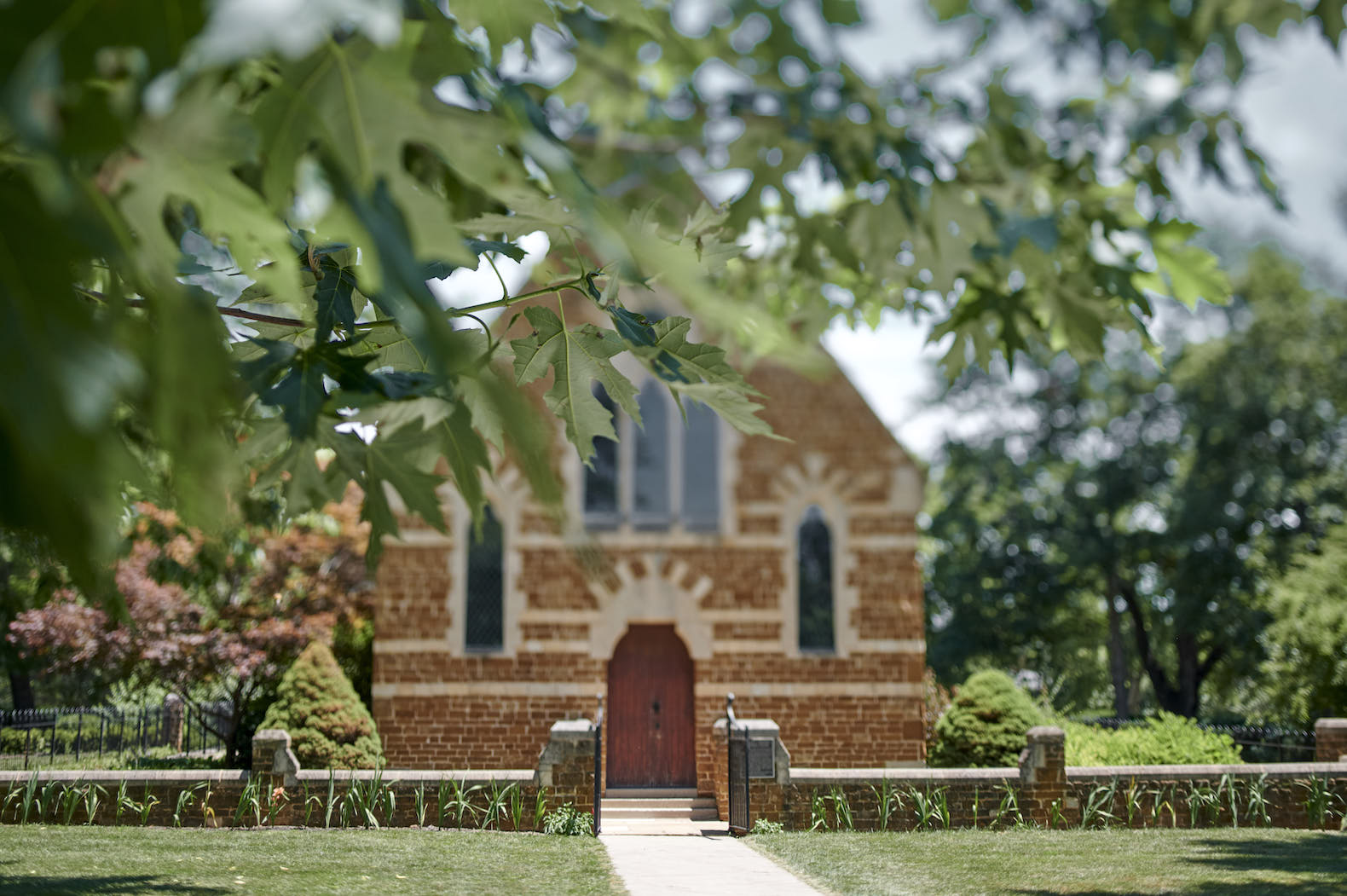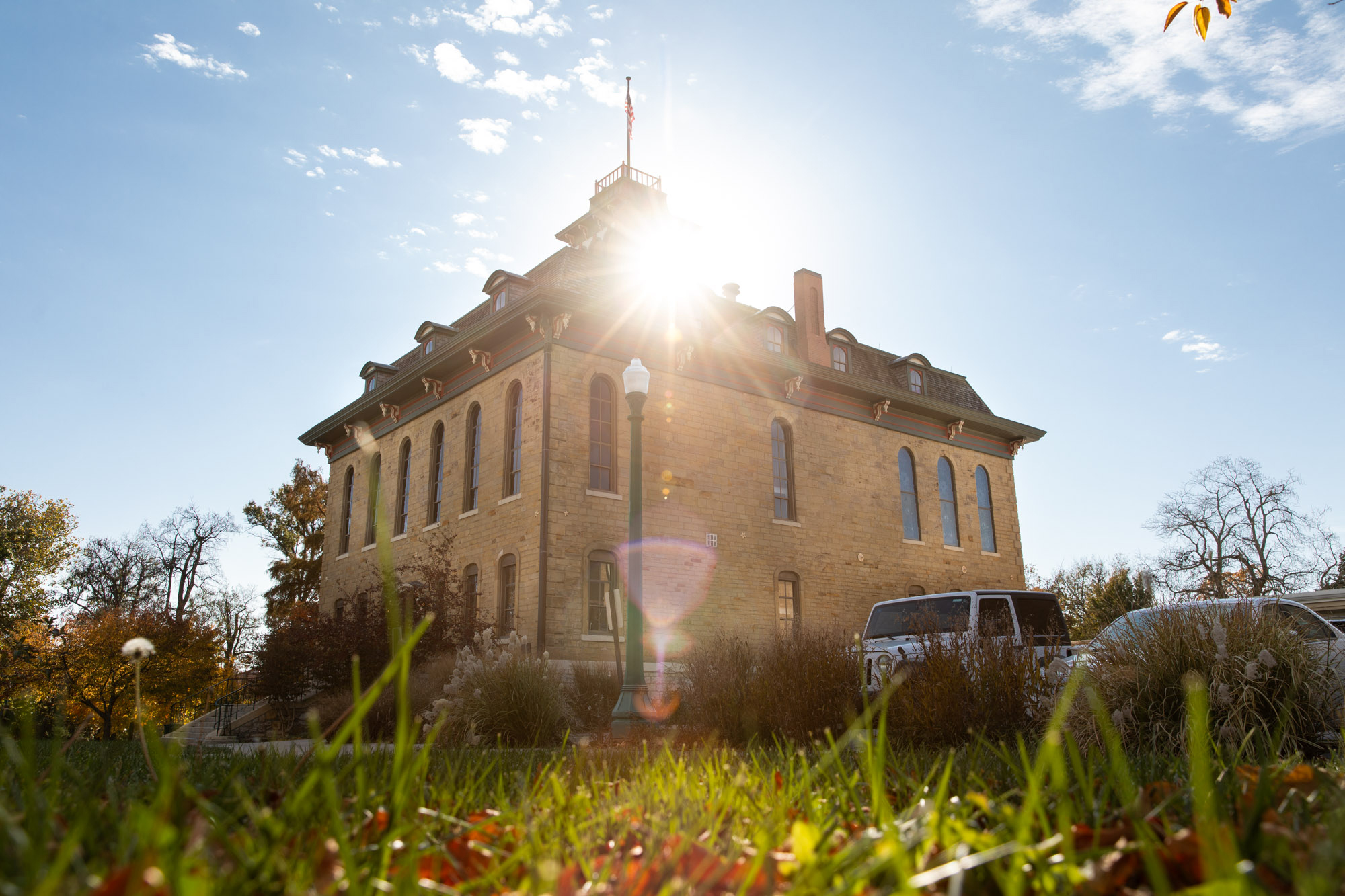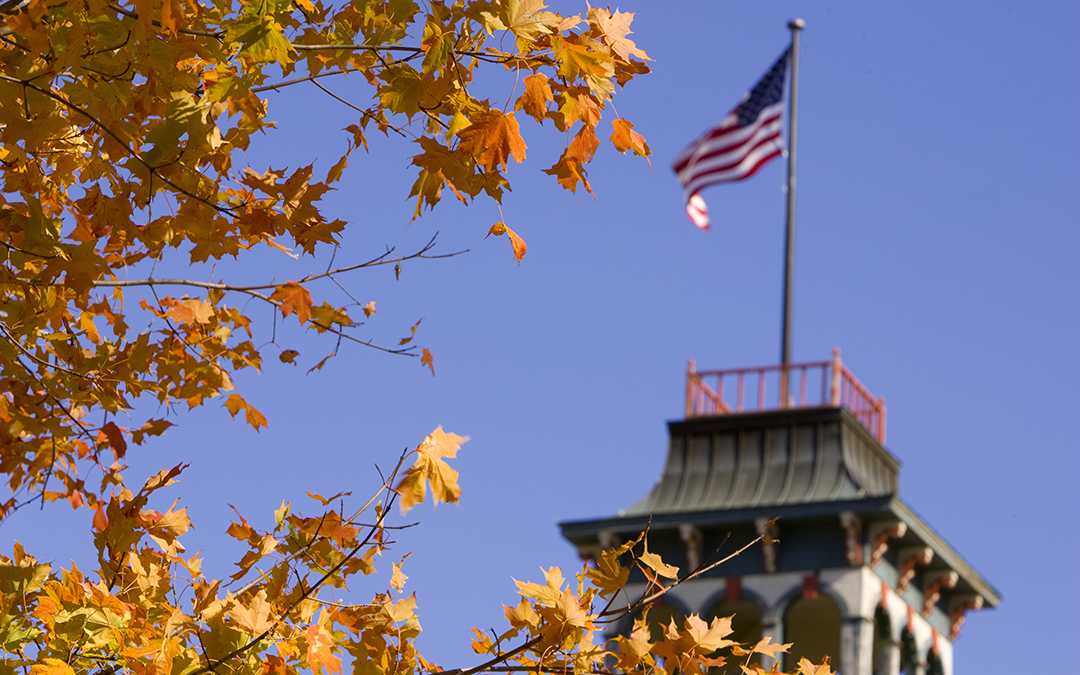Governance
Baker University’s history and culture place a strong emphasis on a system of shared governance. The faculty primarily governs academic and curricular matters, while administrative staff oversees the other functions of the university.
The university is ultimately governed by an independent Board of Trustees that exerts final authority over planning and budgeting, promotion and tenure, changes to the university constitution and faculty handbooks, and the selection and evaluation of the university president. Baker University is composed of four academic units administered by four deans. The deans of the individual academic units operate as equal partners in matters that concern the university.
Mr. Hoot Gibson was appointed acting president of Baker University on October 20 and will maintain this role while the university conducts a search for its 31st president.


Academic Leadership
The president provides oversight of all university academic affairs. The university is composed of four academic units administered by deans who operate as partners in matters that concern the university. Associate and assistant deans support the academic units.
- Dr. Matthew Bice, Vice President of Academic Affairs and Dean of Graduate and Online Education (School of Professional and Graduate Studies and Graduate Programs in the School of Education)
- Dr. Darcy Russell, Dean of the College of Arts and Sciences
- Dr. Tamara Slankard, Assistant Dean for General Education in the College of Arts and Sciences
- Dr. Libby Rosen, Dean of the School of Nursing
- Dr. Marlene Eicher, Assistant Dean of Graduate Programs in the School of Nursing
- Ms. Ranee Seastrom, Assistant Dean of Undergraduate Programs in the School of Nursing
The academic legislative structure of the university is governed by the University Constitution, which stipulates the governing bodies and their responsibilities for each of the four academic units. Each school or college has a primary governing body with associated standing committees. The governing bodies for CAS, SON, and SPGS are faculty senates. SOE refers to its governing body as the Professional Education Council.
The process for academic legislation is consistent throughout the four schools. Standing committees make recommendations regarding curriculum and academic policy changes to their appropriate governing bodies. The faculty senates and Professional Education Council forward recommendations regarding new programs, admission or graduation requirements, constitutional amendments, and catalog or faculty handbook changes to the University Academic Council (UAC). The UAC consists of the deans of the four schools and faculty representatives from each school. Following approval by the UAC, recommendations are then forwarded to the Board of Trustees for final approval.
Board of Trustees
Upon its inception in 1858, the founders of Baker University deemed that the university be governed by an overseeing body of no more than 32 members. Today, the Baker University Board of Trustees remains the highest governing body of the university, meeting three times annually to approve university programs, budgets, faculty promotions, and conferment of degrees to graduates.


